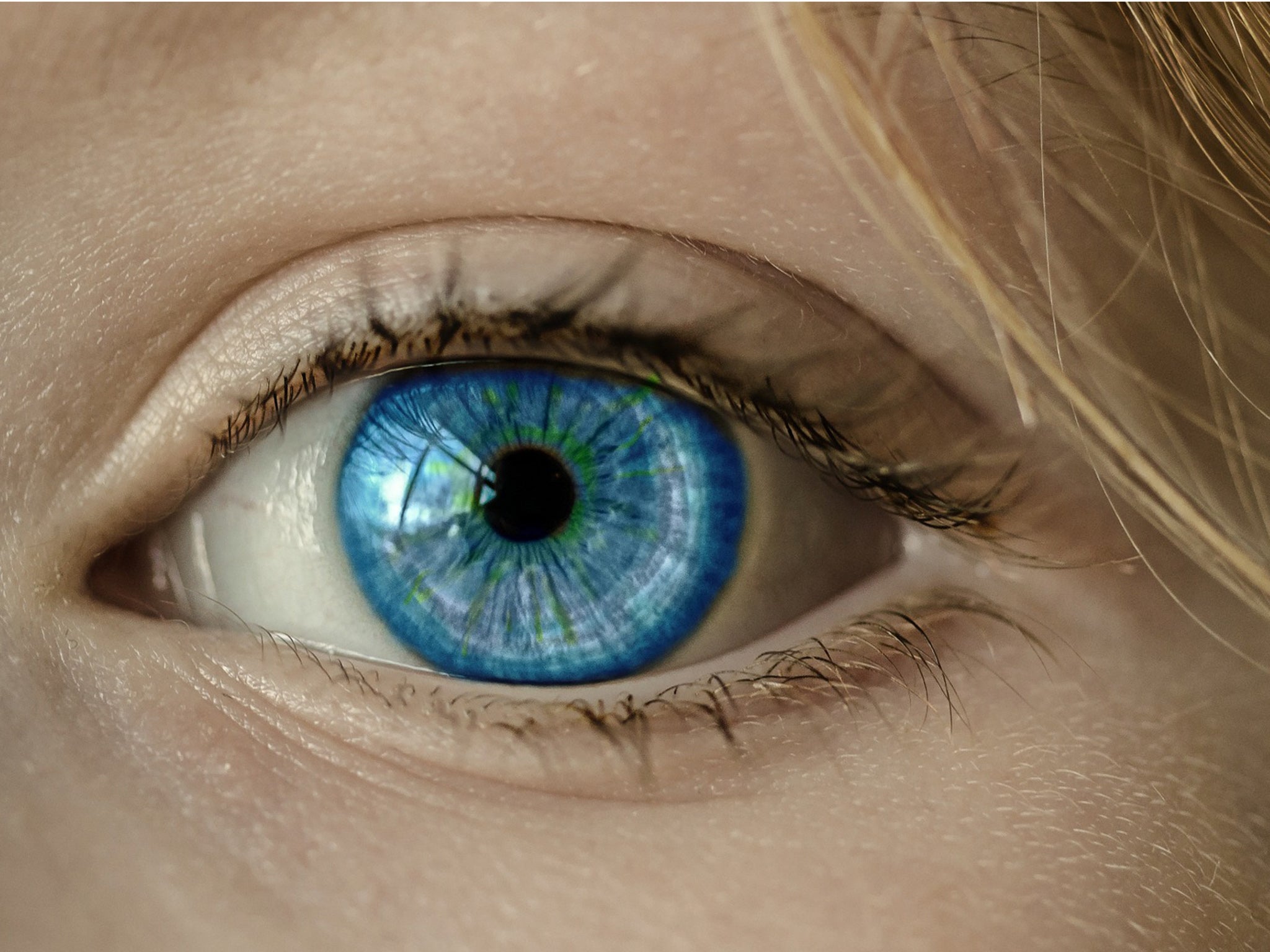The Independent's journalism is supported by our readers. When you purchase through links on our site, we may earn commission.
The optical illusion that shows you can't believe what you see
Video explains linguistic phenomenon known as the McGurk Effect

Paul Anthony Jones of Haggard Hawks has put together a video that explains a weird linguistic phenomenon known as the McGurk Effect.
First Paul asks that the viewer watches him read out "four" words, after which his glamorous assistant Anthony writes down what he thinks Paul said.
Anthony comes up with four different words, but Paul reveals that actually No.1 and No.4 were the same.
If you close your eyes for the same video, you can hear that for yourself.
Paul explains that the McGurk was discovered in the 1970s by the psychologist Harry McGurk, who found that if you play the audio of a different sound over video of a sound being produced, your brain “doesn’t know what to say”.
This proves that although we think of speech as purely auditory – visual information is also a factor.
So if your brain is receiving two conflicting streams of information, it doesn’t know what to do, and has to decide which is the “more reliable” of the two. Most people tend to choose eyes over ears.
Word Drops - a compendium of 1,000 facts about words, language and etymology by Paul Anthony Jones - is out now
Join our commenting forum
Join thought-provoking conversations, follow other Independent readers and see their replies
Comments
Bookmark popover
Removed from bookmarks